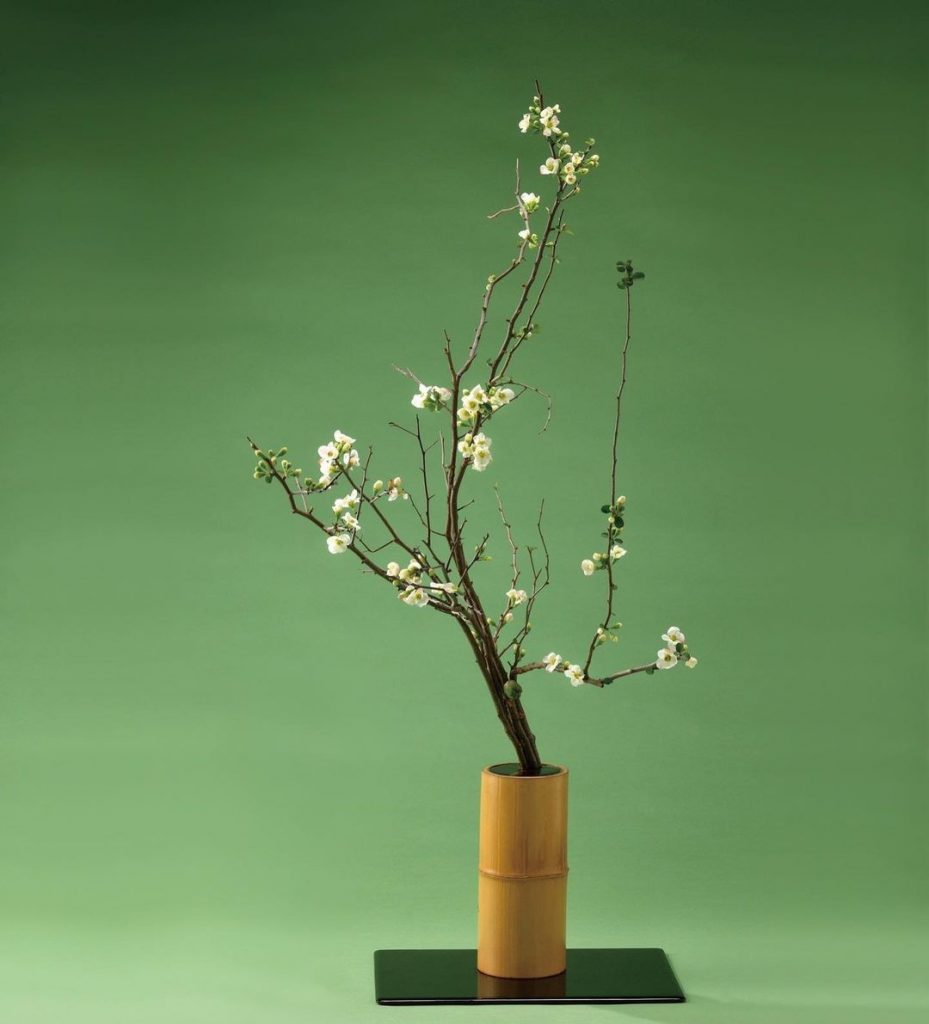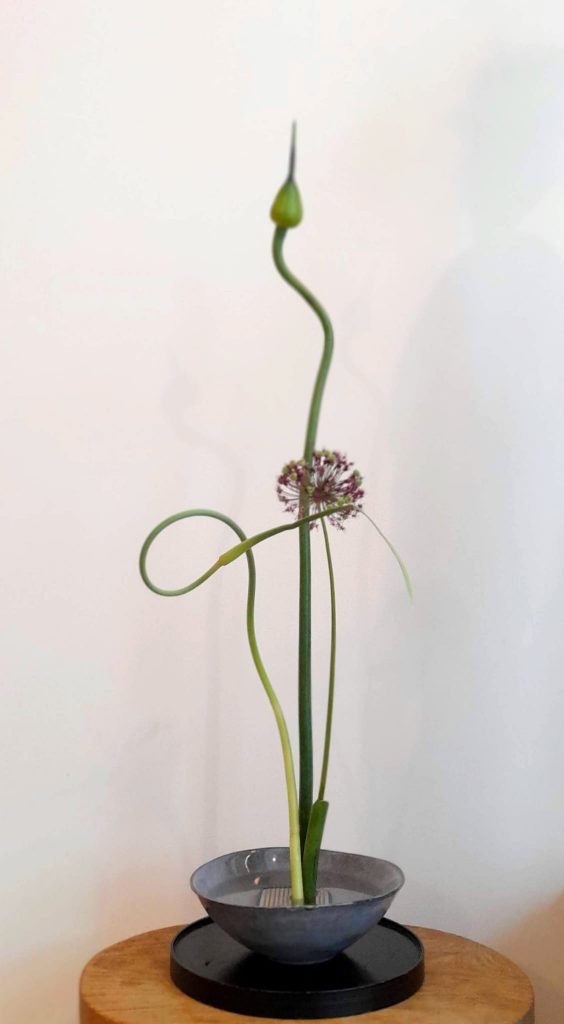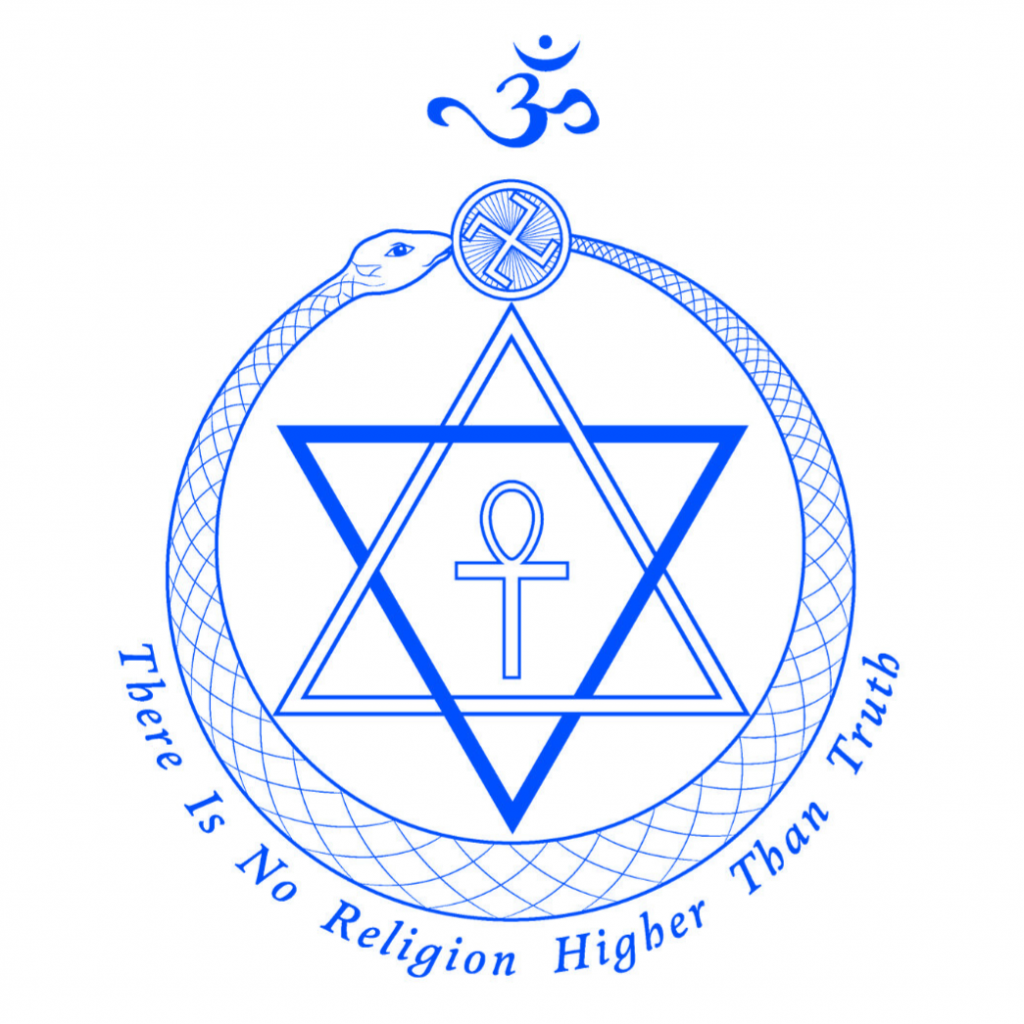
FLOWER & ROOTS
an IKEBANA exhibition with
Junko Popham, her future master Ken Kuwahara, and experimental potter Tim Copsey
PREVIEW: Friday 22nd March, 7 p.m.
with a live performance by

IKEBANA with JUNKO POPHAM
*Monthly Workshop – the second Thursday of the month*
Please contact Junko to book a place

UNITED LODGE OF THEOSOPHISTS
*Monthly study group – the third Saturday of the month*
All Welcome
The programme of monthly face-to-face meetings studies Theosophical teachings and through its insights sheds light on many of the world’s philosophies, religions, and mystical traditions. These original teachings have the breadth and capacity to illustrate that there is an underlying common origin – the Perennial Wisdom – which is the metaphysical trunk from which the world’s subsequent doctrines have branched off.
To receive information about the meetings and the study texts, please sign up here.